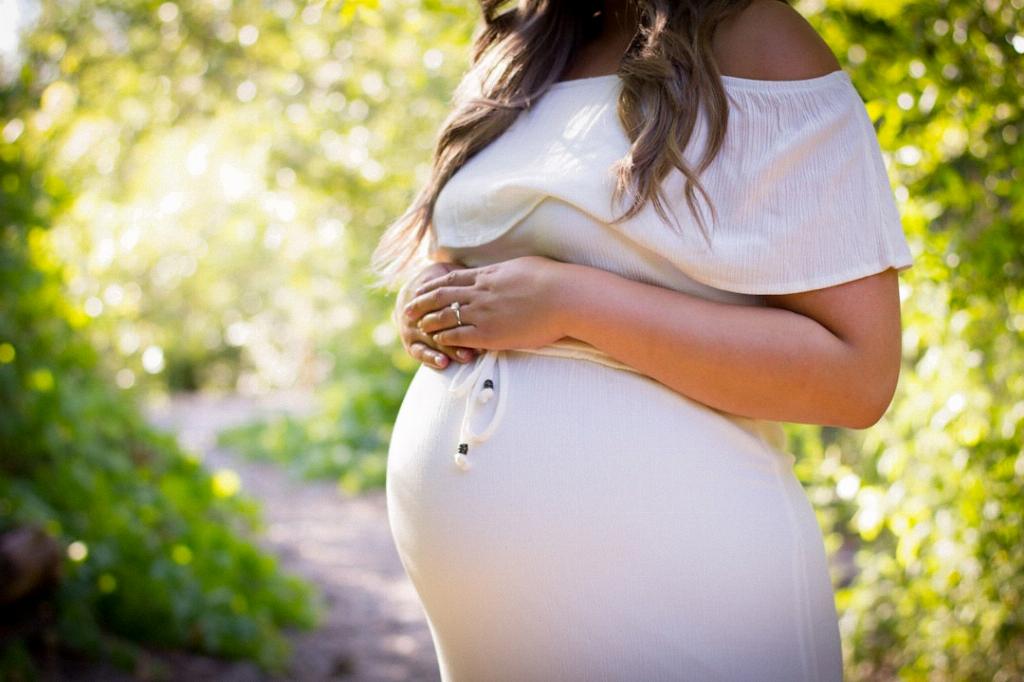Being aware of the early signs of pregnancy can be an exciting as well as nerve-wracking experience for many women. The first week of pregnancy is a critical time, even though conception has just occurred. It’s important to note that each woman’s body responds differently to pregnancy, so the symptoms experienced can vary widely.
One of the earliest signs of pregnancy that some women may notice in the first week is implantation bleeding or spotting. This occurs when the fertilized egg attaches itself to the uterus lining, causing light bleeding that is usually pink or brown in color.
Another common symptom that can manifest in the initial stages of pregnancy is breast tenderness. The hormonal changes that take place in the body can cause the breasts to become swollen, sensitive, and sore to the touch. This discomfort is often one of the first noticeable signs.
Many women may also experience fatigue during the first week of pregnancy. The body is working hard to support the newly implanted embryo, which can lead to feelings of exhaustion and the need for more rest than usual.
Nausea, commonly referred to as morning sickness, can also make its first appearance in the initial week of pregnancy. While it’s called morning sickness, this symptom can occur at any time of the day and may range from mild queasiness to constant vomiting.
Changes in appetite and food cravings are another sign that some women may notice early on. These cravings can be for specific types of food, and some women may find themselves turned off by foods they once enjoyed.
Increased urination is a symptom that can begin as early as the first week of pregnancy. Hormonal changes lead to increased blood flow to the kidneys, resulting in the need to visit the bathroom more frequently.
Some women may also experience mood swings in the initial stages of pregnancy. The influx of hormones can affect neurotransmitters in the brain, leading to feelings of happiness, anxiety, or sadness.
Abdominal bloating is another common symptom that can be observed in the first week of pregnancy. The uterus begins to expand to accommodate the growing embryo, putting pressure on the digestive system and causing bloating.
Headaches and dizziness can also occur in early pregnancy due to changes in blood circulation and hormone levels. These symptoms may come and go throughout the first week.
Overall, the first week of pregnancy is a crucial time of development and change for both the mother and the growing embryo. It’s essential to listen to your body and pay attention to any unusual symptoms that may indicate pregnancy. If you suspect you may be pregnant, it’s best to consult with a healthcare provider to confirm and receive proper prenatal care.

